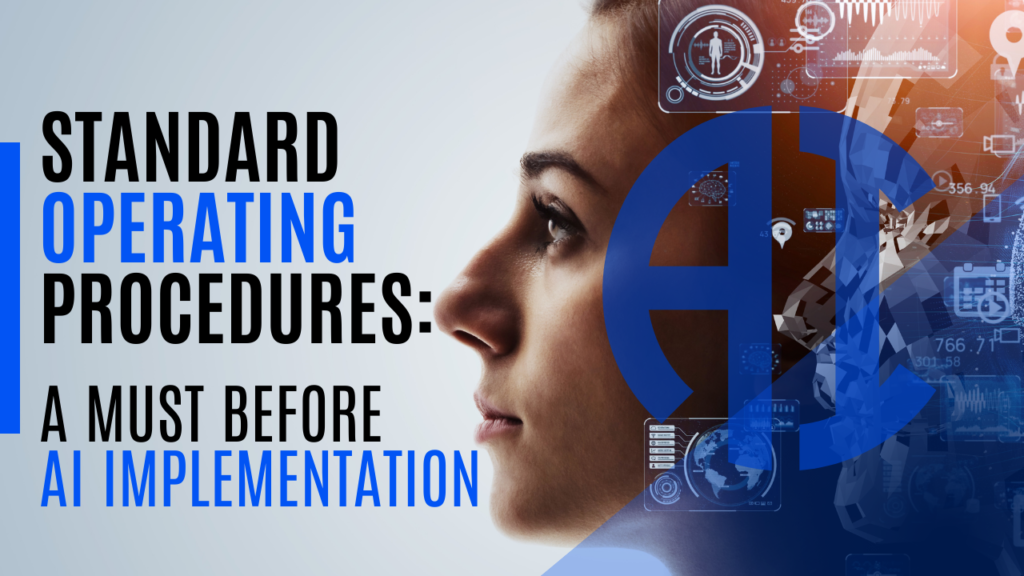The Crucial Role of Standard Operating Procedures (SOPs) Before Implementing AI

The AI Imperative: Safeguarding Against Legal Landmines
In today’s fast-paced digital landscape, businesses are racing to implement AI solutions to gain a competitive edge. However, before diving headfirst into the world of artificial intelligence, there’s a critical step that cannot be overlooked: establishing robust standard operating procedures (SOPs). The failure to do so not only undermines the effectiveness of AI systems but also exposes organizations to significant legal risks.
Consider the case of biased hiring decisions driven by AI algorithms. Without proper SOPs in place to ensure fairness and transparency in the recruitment process, companies risk inadvertently discriminating against certain demographics. This can result in costly legal battles and damage to their reputation.
Similarly, in the healthcare sector, the implications of flawed AI implementation can be dire. Imagine a scenario where a medical AI system incorrectly diagnoses a patient’s condition due to insufficient training data or biased algorithms. Such errors can lead to serious harm to patients and expose healthcare providers to malpractice lawsuits.
But the legal ramifications of inadequate AI implementation extend beyond discrimination and malpractice. Inaccurate credit risk assessments driven by AI algorithms can result in financial institutions facing regulatory scrutiny and lawsuits for unfair lending practices. Likewise, AI-powered marketing campaigns that violate data privacy laws can land companies in hot water with regulators and customers alike.
To mitigate these risks, organizations must prioritize the development and enforcement of rigorous SOPs for AI implementation. These SOPs should encompass every stage of the AI lifecycle, from data collection and model training to deployment and ongoing monitoring. Additionally, they should include provisions for regular audits and reviews to ensure compliance with legal and ethical standards.
Real-life examples underscore the urgency of this matter. In 2018, Amazon scrapped an AI-driven recruitment tool after discovering gender bias in its hiring recommendations. The incident served as a stark reminder of the importance of thorough testing and validation of AI systems to prevent unintended consequences.
In conclusion, the journey to harnessing the power of AI begins with laying a strong foundation of SOPs. By prioritizing ethical considerations and legal compliance from the outset, organizations can not only unlock the full potential of AI but also safeguard themselves against potential legal landmines. In the rapidly evolving landscape of AI, the stakes are high, but the rewards are equally significant for those who tread carefully.






